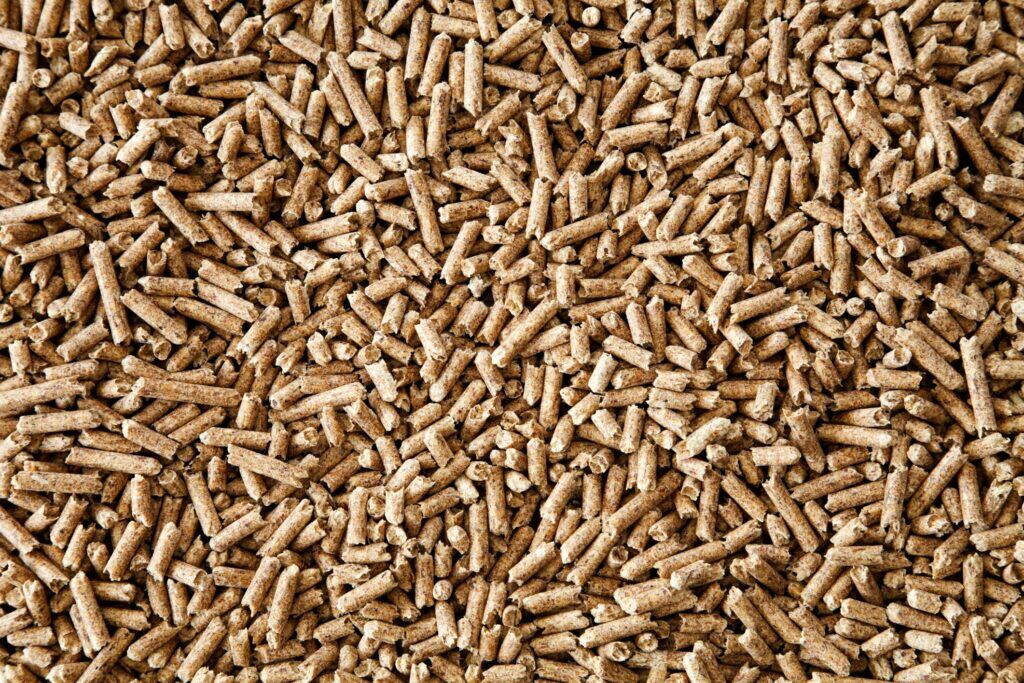Introduction to Wood Briquette
Wood briquette is one of the most effective and eco-friendly fuel sources available today. It is manufactured from compressed sawdust, wood chips, and other organic waste materials, making it a sustainable alternative to coal and traditional firewood. For biomass boilers, wood briquette provides a consistent, high-energy fuel source that reduces emissions and supports cleaner energy production. As demand for renewable energy continues to grow, Wood Briquette has become a leading choice for homes, industries, and businesses that want to reduce carbon footprints.
What is a Wood Briquette?
A wood briquette is a compact block of biomass fuel created by compressing wood-based byproducts without the use of harmful chemicals. Because of its dense structure, wood briquette burns longer and provides more energy compared to standard firewood. The uniform size and shape of wood briquette make it easy to store, transport, and use in biomass boilers. This efficiency, combined with eco-friendliness, is what makes wood briquette a preferred choice for sustainable heating solutions.
Advantages of Using Wood Briquette in Biomass Boilers
The popularity of wood briquette comes from its wide range of benefits. These advantages make it a highly efficient and eco-conscious choice for heating and energy generation.
Eco-Friendly Fuel Source
Wood briquette is carbon-neutral since the carbon dioxide released during burning equals the amount absorbed by trees during growth. By using wood briquette, you directly support renewable energy practices that protect the environment.
High Calorific Value
The dense nature of wood briquette allows it to produce more energy per kilogram compared to traditional logs. This higher calorific value means less fuel is required to achieve the same heating output, saving both money and resources.
Consistent Quality and Performance
Unlike irregular firewood, wood briquette has consistent size, shape, and moisture content. This ensures smooth operation in biomass boilers and reduces maintenance costs.
Cost-Effective Energy Solution
Using wood briquette in biomass boilers provides long-term cost savings. Since wood briquette burns longer and more efficiently, you can reduce overall fuel expenses while enjoying reliable heat supply.
Wood Briquette vs. Traditional Firewood
When comparing wood briquette to traditional firewood, the differences are clear. Firewood often contains varying levels of moisture, leading to inconsistent burning and smoke production. On the other hand, wood briquette is manufactured with controlled low moisture, making it highly efficient and clean. Additionally, the compact shape of wood briquette allows easier handling and storage compared to bulky logs. These advantages make wood briquette the smarter choice for both residential and industrial biomass boiler systems.
How Wood Briquette Supports Sustainability
The use of wood briquette goes beyond energy efficiency. It supports global sustainability efforts by recycling wood waste and reducing reliance on fossil fuels. Every wood briquette is a product of renewable resources, which means using it promotes a circular economy. By switching to wood briquette, industries and households contribute to reducing deforestation, pollution, and greenhouse gas emissions. Biomass boilers powered by wood briquette are key to achieving a greener future.
Applications of Wood Briquette in Different Sectors
Wood briquette is widely used across multiple industries due to its reliability and cost-effectiveness.
Residential Heating
Homeowners prefer wood briquette for fireplaces and small biomass boilers because it is clean, easy to ignite, and provides long-lasting heat.
Industrial Energy
Factories and manufacturing plants use wood briquette to power biomass boilers for steam generation, production processes, and heating.
Commercial Use
Hotels, restaurants, and large institutions adopt wood briquette to ensure efficient heating with minimal environmental impact.
Agricultural Sector
Farmers use wood briquette in dryers, greenhouses, and heating systems, lowering operational costs while maintaining sustainability.
Storage and Handling of Wood Briquette
Wood briquette is easy to store thanks to its compact design. It requires less space compared to firewood and does not attract pests. Properly stored wood briquette remains dry and effective for long periods, ensuring reliable fuel supply for biomass boilers. Handling is convenient since wood briquette comes in uniform shapes that can be stacked neatly and transported with ease.
Future of Wood Briquette in Renewable Energy
With the increasing shift toward renewable energy, wood briquette is expected to play a critical role in the future of heating solutions. Governments worldwide are encouraging the use of biomass energy, and wood briquette fits perfectly within this movement. As technology advances, the efficiency of biomass boilers will further enhance the performance of wood briquette, making it an even more valuable energy source.
Why Choose Wood Briquette for Your Biomass Boiler?
Choosing wood briquette for biomass boilers ensures maximum efficiency, reduced energy costs, and environmental responsibility. Unlike fossil fuels, wood briquette does not deplete natural resources or release harmful emissions. It is an affordable, sustainable, and practical energy choice that meets the needs of modern heating systems. Businesses and homeowners alike benefit from the performance and reliability of wood briquette, making it the fuel of the future.
Conclusion
Wood briquette is a high-efficiency, eco-friendly, and cost-effective fuel that significantly improves the performance of biomass boilers. Its high calorific value, consistent quality, and sustainable production process make it one of the best renewable energy solutions available. By adopting wood briquette, industries, businesses, and households contribute to a cleaner environment while enjoying reliable energy. As the demand for green energy grows, wood briquette will continue to lead the way in transforming how we heat our homes and power our industries.
